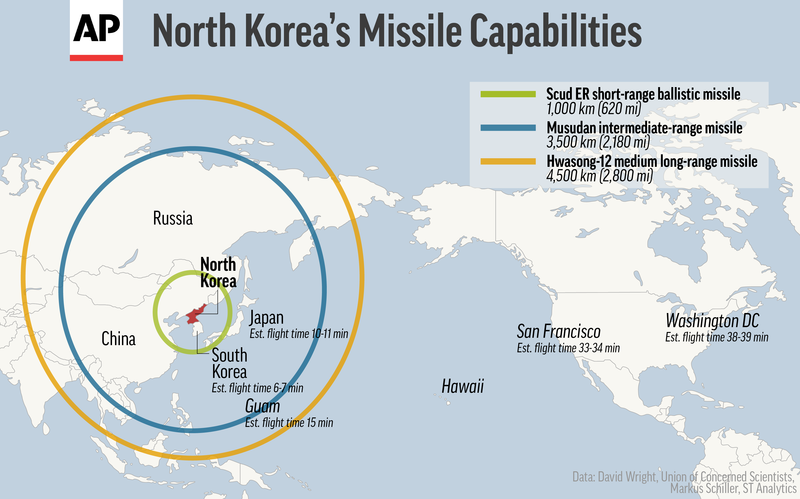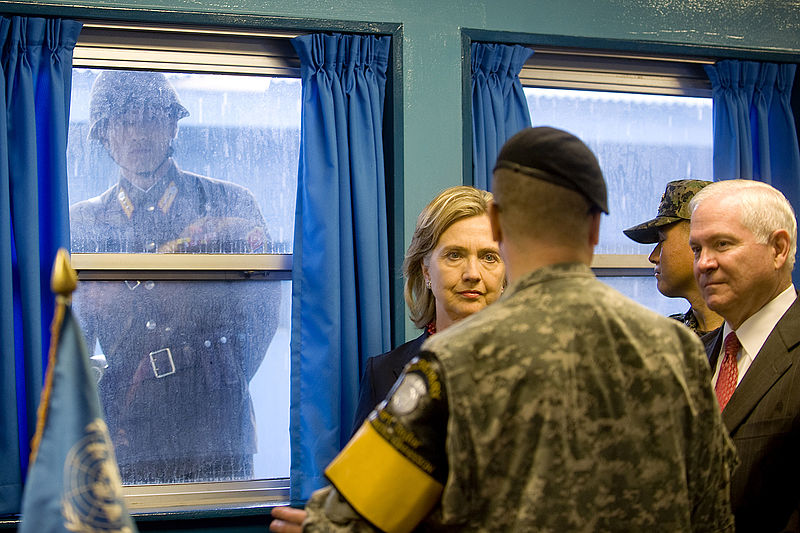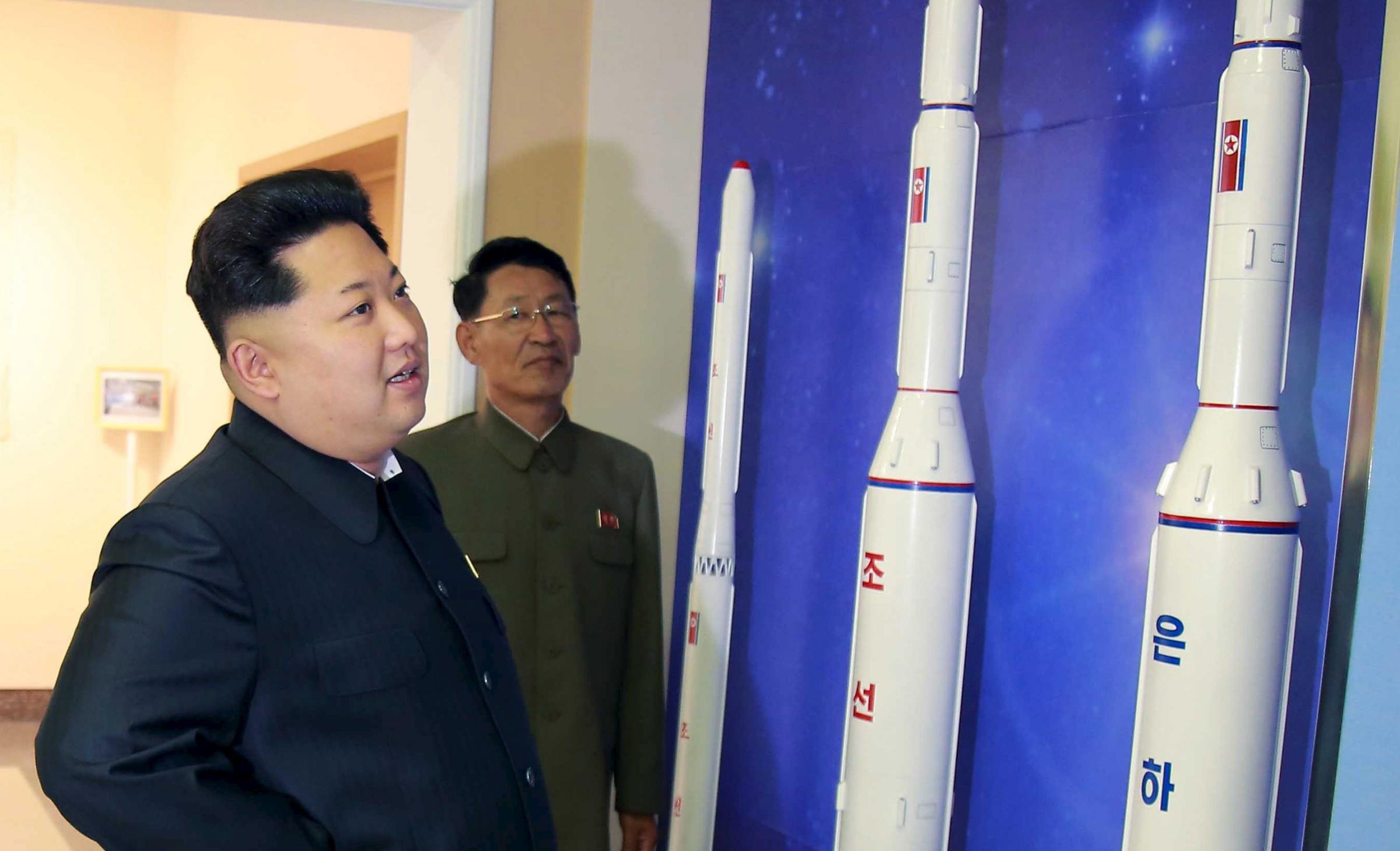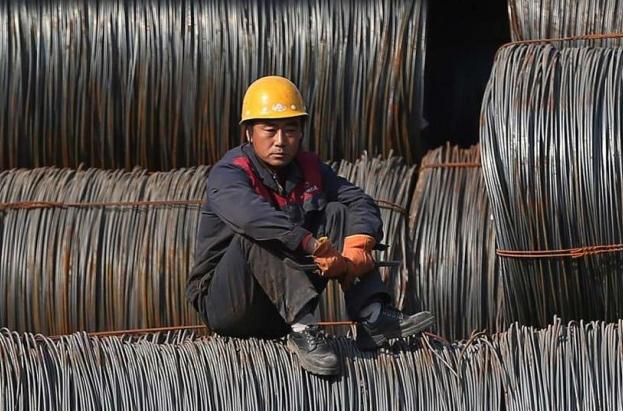
Samuel S. Kim, Senior Research Scholar, Columbia University
Sep 01, 2017
To follow a common security approach that recognizes the interrelations and interdependencies between countries, Washington must step back and reassess the moral and practical implications of its foreign-policy commandment “Do as I say, Not as I do” when it comes to nuclear weapons.

Ryan Mitchell, Assistant Professor of Law, Chinese University of Hong Kong
Sep 01, 2017
In many ways, the current nuclear standoff between North Korea and the U.S. can be traced back to the former’s inclusion into the UN in 1991. Establishing a geopolitically neutral “federation” among the Koreas would actually be a viable path of compromise.
Yue Li, Senior Fellow, Pangoal Institution
Jun 20, 2017
Moon needs practical and operational measurements and outcomes, as well as ambition and determination to tackle the challenges of inter-Korean relations. And yes, there surely are opportunities and advantages for the South Korea to take. But the government has to be very careful to turn them into positive forces, so that a revival of “Sunshine” isn’t weakened to mere “Moonlight” as the pessimists have predicted.

Peter Moody, Professor Emeritus of Political Science, University of Notre Dame
May 29, 2017
Particularly after the election of the progressive Moon Jae-in as president of South Korea, it is opportune to consider whether American policy toward the North is due for a radical rethinking.

Daniel Ikenson, Director, Cato Institute’s Herbert A. Stiefel Center for Trade Policy Studies
May 15, 2017
Affirmative findings would give the president statutory authority to raise import barriers to protect domestic sources. But invoking national security to justify protectionism is an extreme measure—the “nuclear option” of international trade law—that would generate some undesirable consequences for U.S.-China relations, as well as for the rules-based trading system itself.
Doug Bandow, Senior Fellow, Cato Institute
Apr 27, 2017
Both the Chinese Communist Party and People’s Liberation Army have a special interest in the PRC’s relationship with the North. But presidents Xi Jinping and Donald Trump seem to understand each other on the Korean Peninsula issue, and there may be no better opportunity for the U.S. and Chinese governments to come to an understanding.
Wu Sike, Member on Foreign Affairs Committee, CPPCC
Apr 10, 2017
The US Secretary of State’s visit to Beijing, and his meetings with the Chinese foreign minister, ended with a pledges by both to resolutely advocate denuclearization of the Peninsula, strictly implement UN resolutions and strive for a peaceful resolution. That realistic assessment by both sides is a good omen for more collaboration between Washington and Beijing.
Back to Top

- China-US Focus builds trust and understanding between the U.S. and China through open dialogue among thought leaders.
- Our Offerings
- Topics
- Videos
- Podcasts
- Columnists
- Research Reports
- Focus Digest
- Stay Connected
-
Thanks for signing up!
- Get the latest stories from China-US Focus weekly.